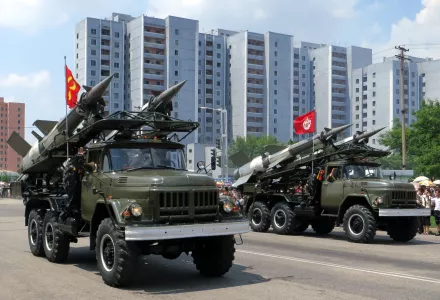
Illicit procurement networks often target industry in developed economies to acquire materials and components of use in WMD and military programs. These procurement networks are ultimately directed by elements of the proliferating state and utilize state resources to undertake their activities: diplomats and missions, state intelligence networks, and state-connected logistical assets. These state assets have also been utilized to facilitate the export of WMD and military technologies in breach of sanctions. While used in most historic proliferation cases, their role has seen limited consideration in the scholarly literature. This article seeks to systematically contextualize state resources in proliferation networks, arguing that their use lies between state criminality and routine activity in support of national security. Considering the competitive advantages of these assets compared to similar resources available in the private sector, the article argues that nonproliferation efforts have caused states to change how they use these resources through an ongoing process of competitive adaptation.
Salisbury, Daniel . “An Evolving State of Play? Exploring Competitive Advantages of State Assets in Proliferation Networks.” Defense and Security Analysis, January 17, 2019
The full text of this publication is available via Defense and Security Analysis.




